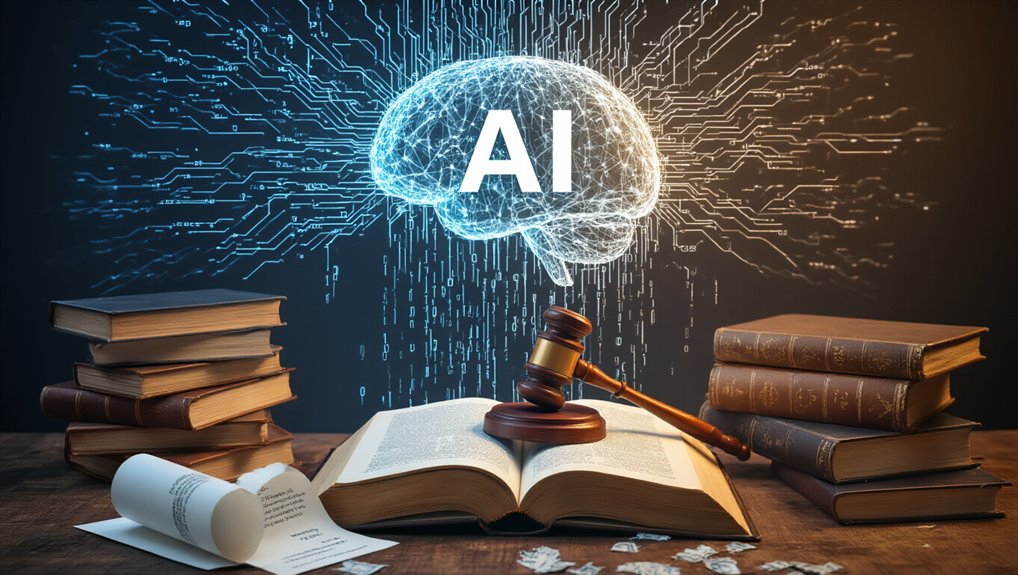While educators once feared the rise of artificial intelligence in classrooms, the tide has definitively turned. A growing number of teachers are incorporating AI-based tools into their workflow, with adoption rates rising significantly in recent years. The results? AI tools for grading and lesson planning are helping teachers save significant time on administrative tasks, allowing them to focus more on teaching. Let that sink in.
Students aren’t sitting on the sidelines either. An astonishing 92% report using AI in some form in 2025, up from 66% just a year ago. They’re everywhere with it—45% even using AI while at school. The days of sneaking calculators into exams seem quaint now, don’t they?
The EdTech market is exploding, projected to hit $404 billion by 2025. That’s a $63 billion jump from pre-COVID forecasts. Money talks, and right now it’s screaming “AI is here to stay.” The U.S., China, and U.K. are throwing cash at these technologies like there’s no tomorrow. The global market for AI in education specifically is expected to reach 7.57 billion dollars in 2025. Notably, these AI applications enable personalized learning that has shown promise in improving student engagement and outcomes, though the extent of improvement varies by implementation and context.
For teachers, AI has evolved from threat to ally. It’s become their digital copilot, handling the mind-numbing administrative tasks that once consumed their days. Tools like Gradescope and Duolingo Max are transforming assessment workflows. Teachers can now—gasp—actually teach again.
Students have mixed feelings. About 40% think AI-generated content would receive good grades in their subjects. Talk about confidence in the machines! When facing AI-assessed exams, student reactions split nearly in thirds: 34% would work harder, 29% would slack off, and 27% wouldn’t change their approach at all.
Challenges remain, obviously. Academic integrity concerns haven’t disappeared, and some kids still don’t have equal access to these tools. The digital divide is alive and well. Similar to healthcare’s concerns, data security remains a significant issue as educational AI systems handle sensitive student information.
But the transformation won’t be stopped. As AI-driven personalization advances and institutions invest in more inclusive solutions, education is transforming. Not tomorrow. Not next year. Right now.
References
- https://aristeksystems.com/blog/ai-powered-learning-key-statistics-on-its-growing-impact/
- https://www.enrollify.org/blog/ai-in-education-statistics
- https://www.hepi.ac.uk/2025/02/26/student-generative-ai-survey-2025/
- https://www.cengagegroup.com/news/press-releases/2025/ai-in-education-report-new-cengage-group-data-shows-growing-genai-adoption-in-k12–higher-education/
- https://www.ed.gov/sites/ed/files/documents/ai-report/ai-report.pdf









